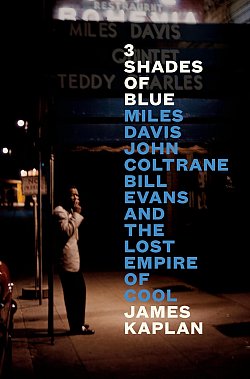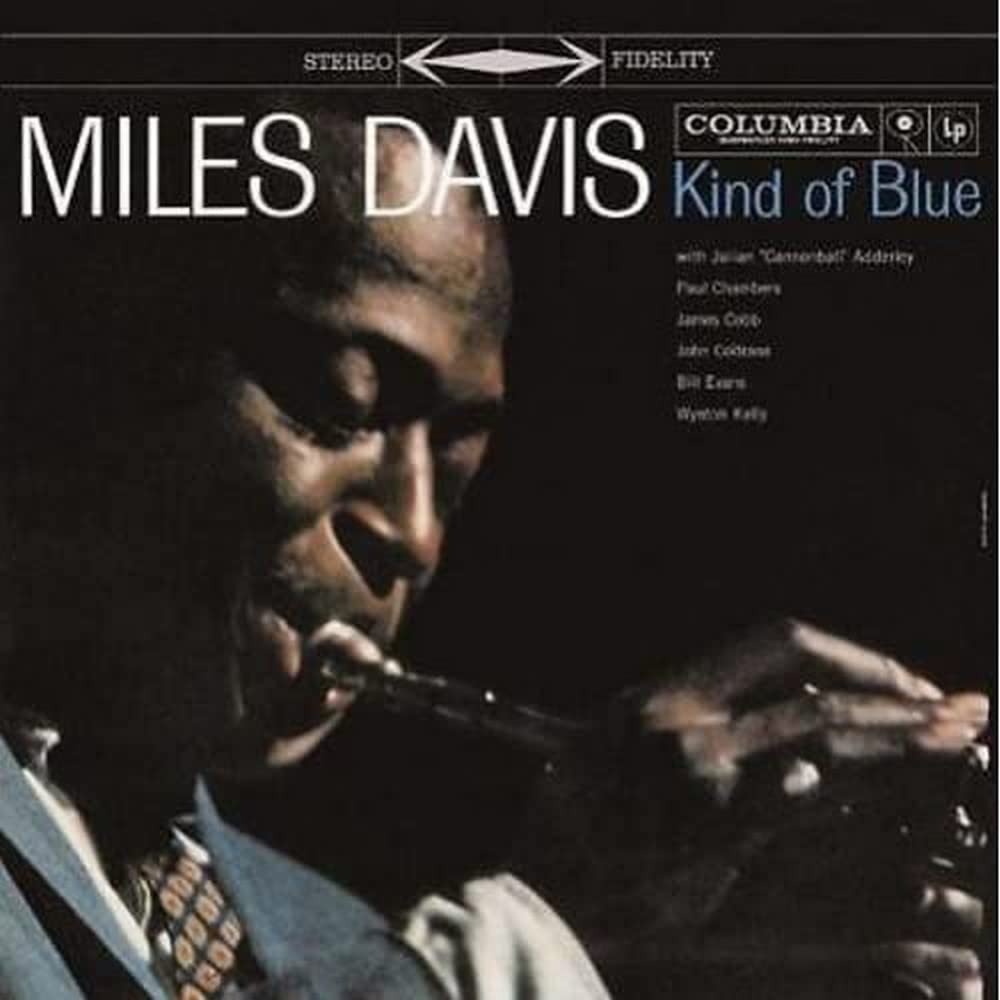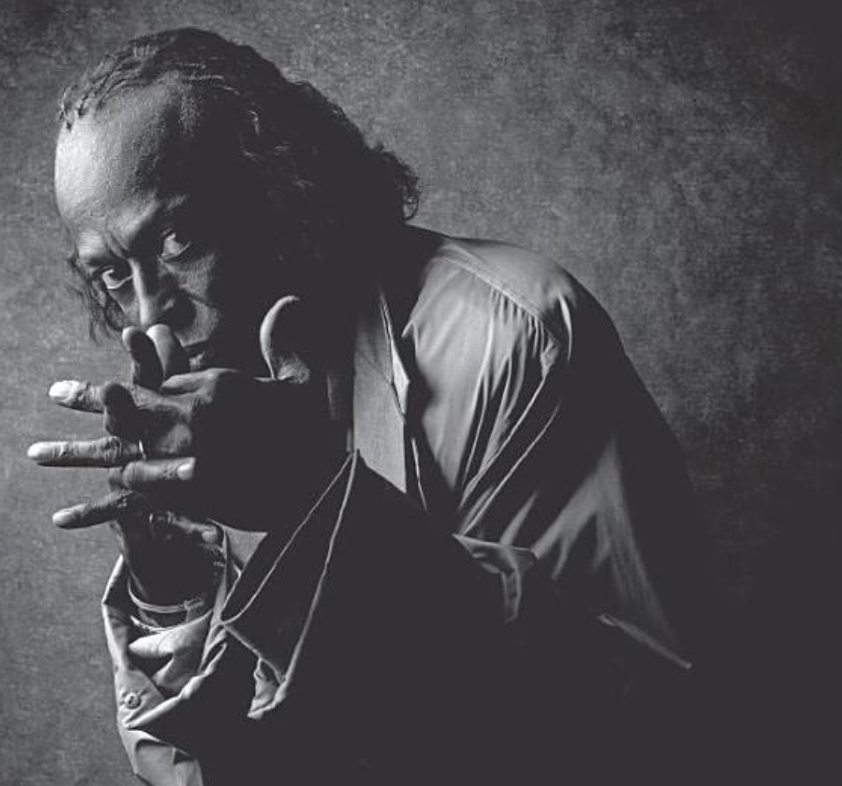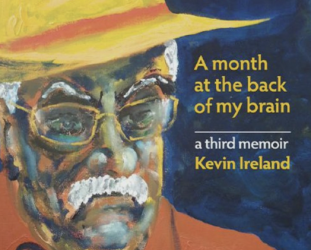Graham Reid | | 2 min read

The opening sentence here is the kind of summation which would normally appear at the end of a review, but let's get it out of the way quickly.
If you only buy one book on jazz this year, make it this one.
Subtitled “Miles Davis, John Coltrane, Bill Evans and the Lost Empire of Cool” it is by James Kaplan who delivered the magisterial two volumes on Frank Sinatra's life, times and music.
Early on Kaplan admits to less knowledge than other jazz writers about his topic but he secured interview time with a candid Miles Davis and many others in the world of jazz who spoke openly, and has assiduously researched the lives, attitudes, foibles, failings and genius of dozens of important figures and bit-players.
When he writes of the drug culture in and around jazz – from Parker to the messy life of the great Bill Evans living in squalor – it is unglamorous, but he also makes it seem understandable in the lives on show.
The book has a familiar direction and we can see where it is headed: the lives of Davis, Coltrane and Evans on their separate paths, crossing and diverging and then coming together for the classic album Kind of Blue.
Others have put a laser-like focus on Kind of Blue but Kaplan pulls right back.
 He writes of the greater context of the post-war period in American music and cultural life, and brings clarity to both the gifts of Charlie Parker and his unreliable, selfish and greedy nature.
He writes of the greater context of the post-war period in American music and cultural life, and brings clarity to both the gifts of Charlie Parker and his unreliable, selfish and greedy nature.
Then after that moment when Kind of Blue was recorded there is long denouement: Davis bringing together other bands with great success despite the personality problems within them, searching for meaning at the intersection of rock and jazz, messed up, ill, clawing his way back and then sick, tired and prematurely old; Coltrane pushing the boundaries further and further through the beautiful A Love Supreme but then losing an audience as the search became more intense and the music less approachable; Evans broken after the death of his bassist Scott LaFaro, more drugs and women and a terrible decline through “the longest, slowest suicide in musical history” according to critic Gene Lees.
 But throughout, the protagonists get to speak for themselves on these pages and a cast of characters – jazz greats, club owners, promoters, record company people, hustlers and pushers – come and go while the likes of Parker, Thelonious Monk, Cannonball Adderley, Art Blakey, Chet Baker, Ornette Coleman, Dizzy Gillespie and many others stand under Kaplan's spotlight.
But throughout, the protagonists get to speak for themselves on these pages and a cast of characters – jazz greats, club owners, promoters, record company people, hustlers and pushers – come and go while the likes of Parker, Thelonious Monk, Cannonball Adderley, Art Blakey, Chet Baker, Ornette Coleman, Dizzy Gillespie and many others stand under Kaplan's spotlight.
This remarkable book reads like a novel set in a milieu which is glamorous, creative and alluring but also sometimes offers only poverty, neglect and a hospital bed.
It will entice you to listen to the music and understand it and the artists better. It also offers an unvarnished account of the price so many paid – willingly or unwillingly – to create those fleeting moments of beauty and genius.
If you only buy one book on jazz this year, make it this one.
.
3 SHADES OF BLUE by JAMES KAPLAN Cannongate $55 hardback





post a comment